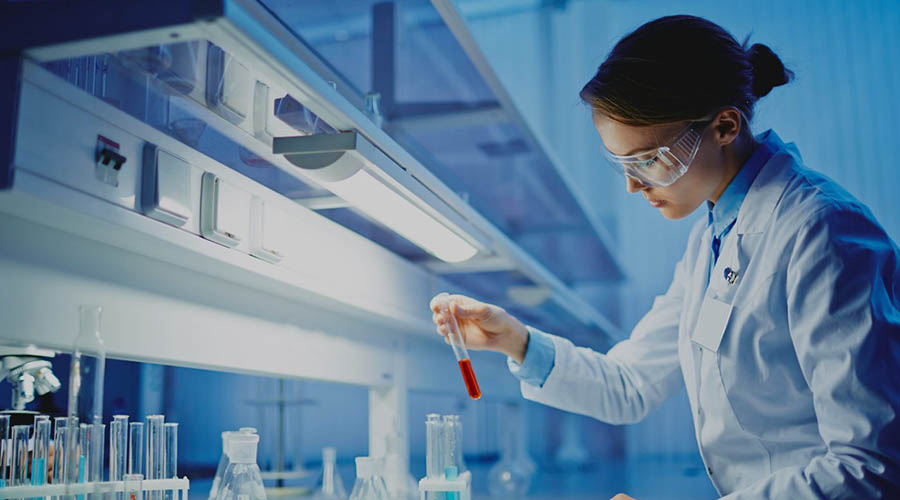Setting standards for the microbiome field
Dr. Chrysi Sergaki, the Microbiome Group Leader at the Medicines and Healthcare products Regulatory Agency (MHRA), offers a compelling reflection on the crucial role that standards play in advancing the microbiome field and facilitating innovation in various sectors.
Following the explosion of microbiome research and innovation around the world in recent years, the Microbiome group at the Medicines and Healthcare products Regulatory Agency (MHRA) South Mimms laboratories has been researching the limitations of current methodologies in microbiome research, that inhibit innovation and its translation into the clinic.
While we conduct fundamental research in key areas such as the role of the microbiome in antimicrobial resistance (AMR), inflammatory bowel disease (IBD) and adverse reactions to cancer immunotherapies, a large part of our work focuses on the Microbiome Standardisation program, with 18 projects currently endorsed by the World Health Organisation (WHO) Expert Committee on Biological Standardization (ECBS).
As part of this, we’ve developed and established the first WHO International Reference Reagents (standards) for microbiome research.
This includes physical reference reagents as DNA and whole cell standards, which allow users to harmonise DNA extractions, sequencing, and bioinformatics analysis for human gut microbiome samples, allowing for reproducibility amongst studies and a framework to evaluate the performance of microbiome related methodologies.
These reagents have been thoroughly evaluated, both by our team and through large-scale, global WHO collaborative studies that establish the Minimum Quality Criteria for the performance of these methodologies based on real-life data.
This community-led effort has revealed the huge level of variability in methodologies across the world and has highlighted how these standards can allow researchers to assess the performance of their methodologies consistently against the rest of the community, allowing for reproducibility and comparability, bringing greater confidence in methodologies.
The latter is of unique value for the regulatory process, as it can help bring confidence to regulators that methodologies are validated against WHO standards and perform above the global Minimum Quality Criteria.
Microbiome research is currently at a critical crossroads. With continuous advancements in the field, it is crucial to establish rigorous standards that enhance the consistency and quality of research. This is essential to instil confidence in both regulatory bodies and industry leaders, underscoring the potential of the microbiome to provide solutions to significant challenges.
You can get involved too. While our Gut DNA and Gut Whole Cell microbiome standards can already be found in the NIBSC catalogue, we’re also developing standards for the vaginal, respiratory, skin and oral microbiome and always welcome new partners for collaborative studies.
These standards focus on the bacterial communities associated with the human body; however, this framework can also be applied to other fields. We’ve established a project with the Phage Innovation Centre in Leicester and we’re currently running a pilot with them to test the feasibility of a similar phage reference reagent. The MHRA’s laboratories at South Mimms are a WHO International Laboratory for Biological Standardisation, producing more that 95% of the WHO standards, so we have the expertise, infrastructure and, critically, an established framework for developing novel reference materials for multimicrobial samples that can support innovation across lots of different fields and sectors.
So, whether you’re interested in contributing to the global effort to effectively standardise the microbiome field, or you think these principles could be applied effectively in your field, we’re really keen to work with you so please, get in touch!
By Dr Chrysi Sergaki, Microbiome Group Leader, MHRA
Related programme

Microbiome Landscape
Connecting the UK’s growing microbiome community to raise the visibility of the UK’s world leading microbiome science and enable its translation to benefit academic institutions, start-ups, SMEs and larger established companies.

